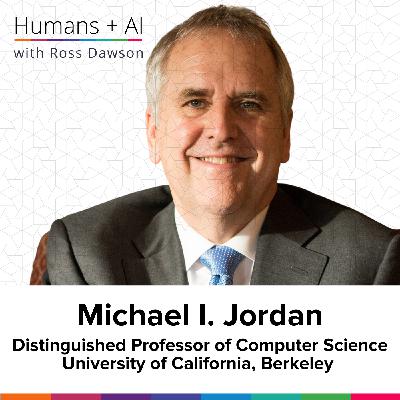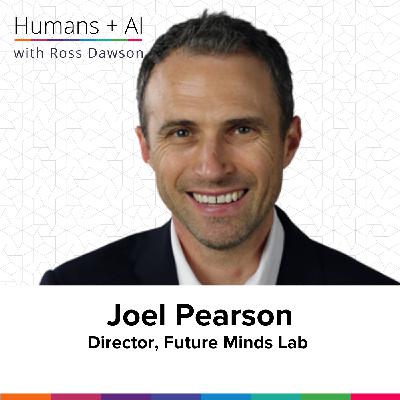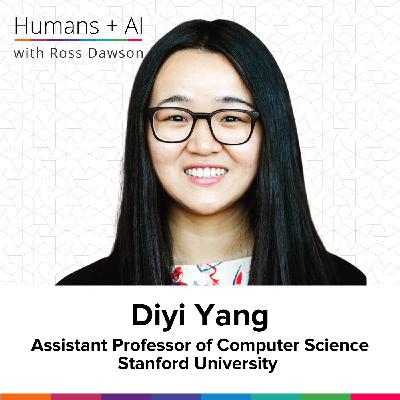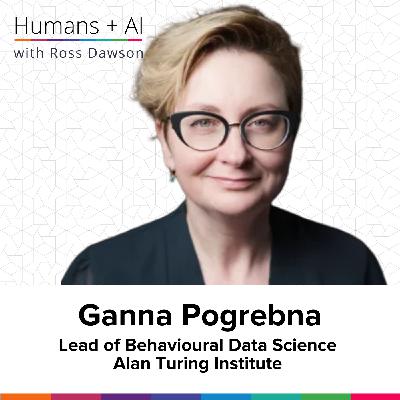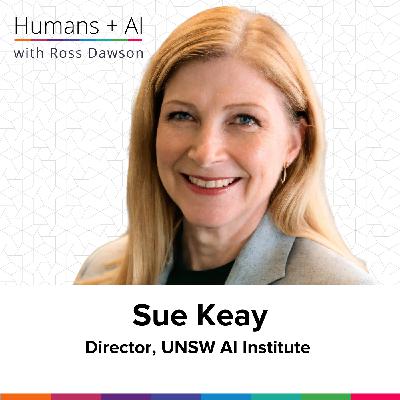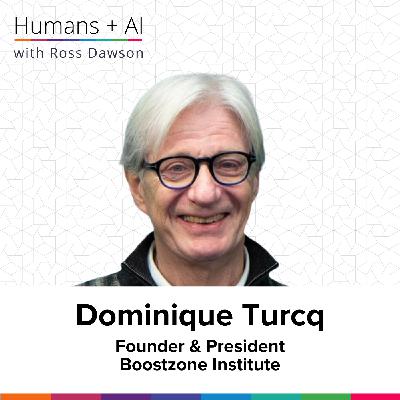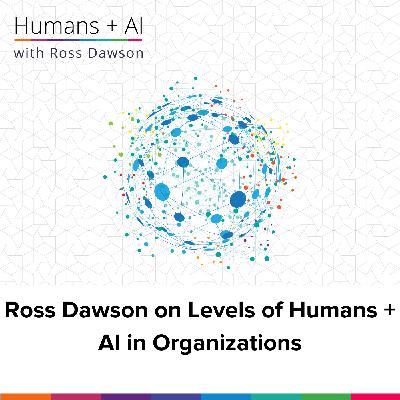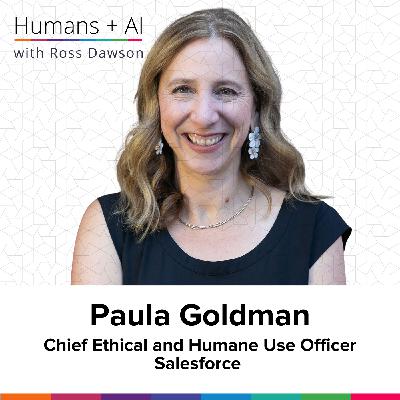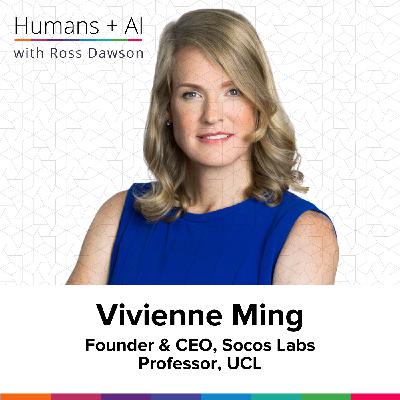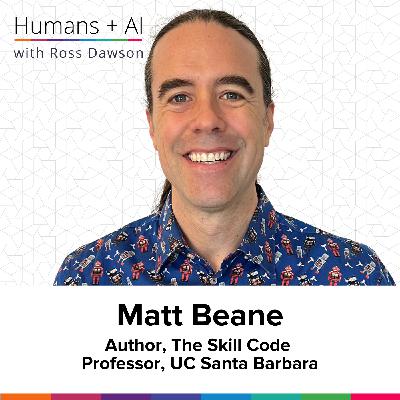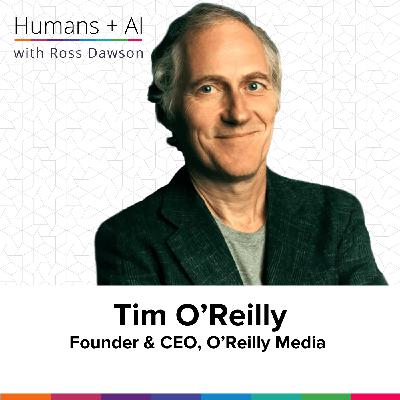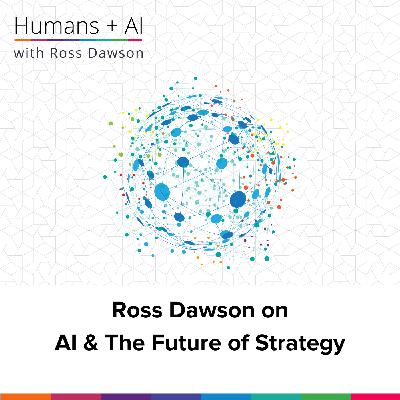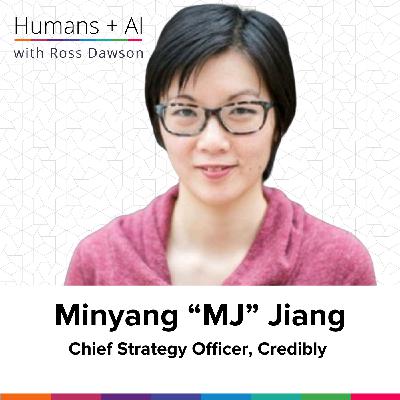Michael I. Jordan on a collectivist perspective on AI, humble genius, design for social welfare, and the missing middle kingdom (AC Ep15)
Description
“The fact is that its input came from billions of humans… When you’re interacting with an LLM, you are interacting with a collective, not a singular intelligence sitting out there in the universe.”
–Michael I. Jordan

About Michael I. Jordan
Michael I. Jordan is the Pehong Chen Distinguished Professor in Electrical Engineering and Computer Science and professor in Statistics at the University of California, Berkeley, and chair of Markets and Machine Learning at INRIA Institute in Paris. His many awards include the World Laureates Association Prize, IEEE John von Neumann Medal, and the Allen Newell Award. He has been named in the journal Science as the most influential computer scientist in the world.
What you will learn
Redefining the meaning of intelligence
The social and cultural roots of human genius
Why AI is not true superintelligence
Collective genius as the driver of innovation
The missing link between economics and AI
Decision making under uncertainty and asymmetry
Building AI systems for social welfare
Episode Resources
Transcript
Ross Dawson: Michael, it’s wonderful to have you on the show.
Michael I. Jordan: My pleasure to be here.
Ross: Many people seem to be saying that AI is going to beat all human intelligence very soon. And I think you have a different opinion.
Michael: Well, there’s a lot of problems with that framing for technology. First of all, we don’t really understand human intelligence. We think we do because we’re intelligent, but there’s depths we haven’t probed, and there’s the field of psychology just getting going—not to mention neuroscience.
So just saying that something that mimics humans, or took a vast amount of data and brute-forced mimicked humans, seems like a kind of leap to me—that it has human intelligence nailed. Moreover, the idea that it was a sequence of logic doesn’t particularly work for me. We figured out human intelligence, now we can put it in silicon and scale it, and therefore we’ll get superintelligence.
Every step there I mean the scaling part, I guess, is okay, but we have not figured out human intelligence. Even if we had, it’s not really clear to me as a technology that our goal should be to mimic or replace humans. In some jobs, sure, but we should think more about overall social welfare and what’s good for humans. How do we complement humans?
So, no, I don’t think we’ve got human intelligence figured out at all. It’s not that it’s a mystical thing, but we have creativity. We have experience and shared experience, and we plumb the depths of that when we interact and when we create things.
Those machines that are doing brute force gradient descent on large amounts of text and even images or whatever—they’re not getting there. It is brute force. I don’t think sciences have really progressed by just having brute force solutions that no one understands and saying, “That’s it, we’re done.”
So if you want to understand human intelligence It’s going to be a while.
Ross: There’s a lot to dig into there, but perhaps first: just intelligence. You frame that as, among other things, social and cultural, not just cognitive?
Michael: Absolutely. I don’t think if you put me on a desert island, I’d do very well. I need to be able to ask people how to do things. And if you put me not just on a desert island, but in a foreign country, and you don’t give me the education—the 40 years of education I had as well—that imbued me with the culture of our civilization.
Anytime I’m not knowledgeable about something, I can go find it, and I can talk to people. Yes, I can now use technology to find it, but I’m really talking to people through the technology. I don’t think we appreciate how important that cultural background is to our thinking, to our ability to do things, to execute, and then to figure out what we don’t know and what we’re not good at. That’s how we trade with others who are better at it, how we interact, and all that.
That’s a huge part of what it means to be human, and how to be a successful and happy human. This mythological Einstein sitting all by himself in a room, thinking and pondering—I think we’re way too wedded to that. That’s not really how our intelligence is rolled out in the real world.
Generally, we’re very uncertain about things in the real world. Even Einstein was uncertain, had to ask others, learn things, and find a path through the complexity of thought.
Also, I’ve worked on machine learning for many years, and I’m pretty comfortable saying that learning is a thing we can define, or at least start to define: you improve on certain tasks. Intelligence—I’m just much less happy with trying to define it. I think there’s a lot of social intelligence, so I’m using that term loosely. But human, single intelligence—what is that? What does it mean to generaliz

